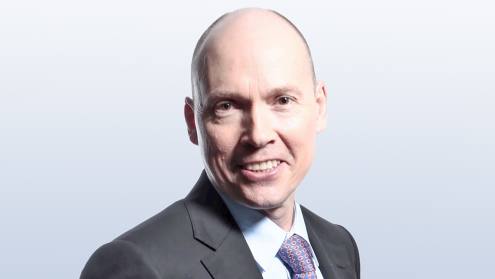On June 10, voters in Switzerland rejected a popular initiative to fundamentally reform their monetary system. The Sovereign Money Initiative was intended to introduce a type of full-reserve banking: demand deposits would have been taken off the balance sheet of commercial banks. Henceforth, all money-like assets – cash and electronic deposits alike – would have been direct claims on the Swiss National Bank. Commercial banks would have still been able to manage sovereign money accounts for their customers, in the same way they manage cash in safety deposit boxes or securities in custody accounts. But they would no longer have been able to use these funds to refinance their lending activities.
Sovereign money is seen by its proponents as a simple, comprehensive solution to financial fragility. Consumers are better off, because their deposits are safer. Taxpayers are better off, because the government is less tempted to bail out failing banks. Bank lending and asset markets are more stable, because banks can no longer ‘create money’ at the stroke of a pen. On top of all this, the monetary system would be fairer as the central bank would reap more, and commercial banks less, seigniorage.











